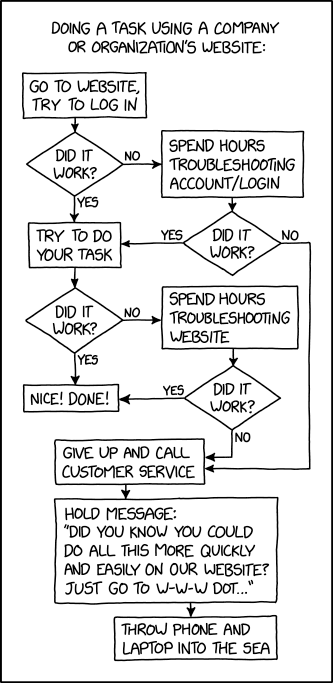

Click here to go see the bonus panel!
Hovertext:
In fairness to Adam and Eve, nowhere in Leviticus are you told not to obey a talking snake.
Today's News:
Next Page of Stories

Hovertext:
In fairness to Adam and Eve, nowhere in Leviticus are you told not to obey a talking snake.